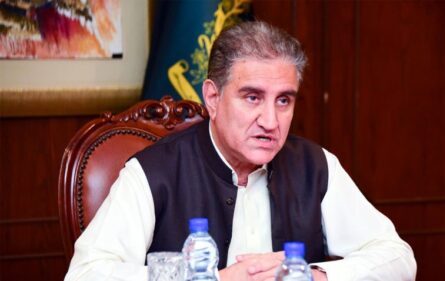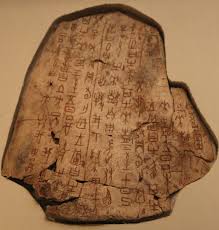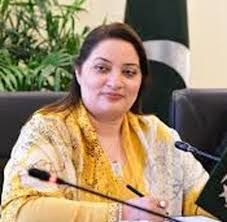CPEC SEZs open for investment by any third country: Pakistani FM

Gwadar Pro
Islamabad: Pakistani Foreign Minister Shah Mehmood Qureshi has said that China-Pakistan Economic Corridor (CPEC)’s Special Economic Zones were open to investment by any third country.
The Foreign Minister said that with the welcome support and cooperation of our partner, China, Pakistan was forging ahead with implementation of the CPEC, a flagship project of the Belt and Road Initiative (BRI).
Addressing the forum of Economic and Social Council (ECOSOC) through video-link, the third Charter organ of the United Nations – on its 75th anniversary, the Foreign Minister said Pakistan’s infrastructure development strategy was designed to take advantage of its large pool of young people and its geo-economic location at the crossroads of South Asia, Central Asia, West Asia and China.
To leverage private sector investments for sustainable development, he said, Pakistan was launching its first ever “SDG Investor Map”. The Map will identify Investment Opportunity Areas and business models that could advance private investment for the achievement of SDGs in Pakistan, he added.
“The first phase of CPEC is nearly complete and the second phase, envisaging the creation of several Special Economic Zones (SEZs), has been initiated. The SEZs are open to participation of third countries,” he said.
The Foreign Minister said Pakistan greatly appreciated the intention of several fraternal and friendly countries, including Saudi Arabia, UAE, Turkey and others, to invest in Pakistan’s economy.
“We have noted with interest the decision of the G7 countries to launch the “Build Back Better World” infrastructure initiative which can complement existing initiatives,” he maintained.
He said as Pakistan had a vital interest in a peaceful, stable, united and prosperous Afghanistan, it would enable both countries to serve as a bridge connecting Central Asia and the Arabian Sea – and beyond.
“There are numerous “shovel-ready” projects awaiting peace in Afghanistan, such as the TAPI gas pipeline from Turkmenistan, the CASA-1000 electricity grid from Tajikistan and the railway connecting Uzbekistan, Afghanistan and Pakistan,” he added.
The Foreign Minister said that the debates and discussions of the Economic and Social Council were an essential vehicle to promote such recognition of the imperative of cooperation to enable humanity build a shared future of peace and prosperity.
He said that employment was generated through support for construction, agriculture and reforestation programs.
“We have been fortunate in containing COVID-19 casualties, although restrictions remain in place to prevent a fourth wave from deadlier versions of the virus. Our economy is back on a healthy growth trajectory. And, Pakistan’s social protection program, Ehsaas (Compassion), is recognized as a global model,” he added.
The Foreign Minister further said the present government believed that, given the massive rise in poverty and vulnerability caused by the pandemic, it was essential to incorporate a sustained social protection program as an essential component of the response to the triple crisis they were facing.





